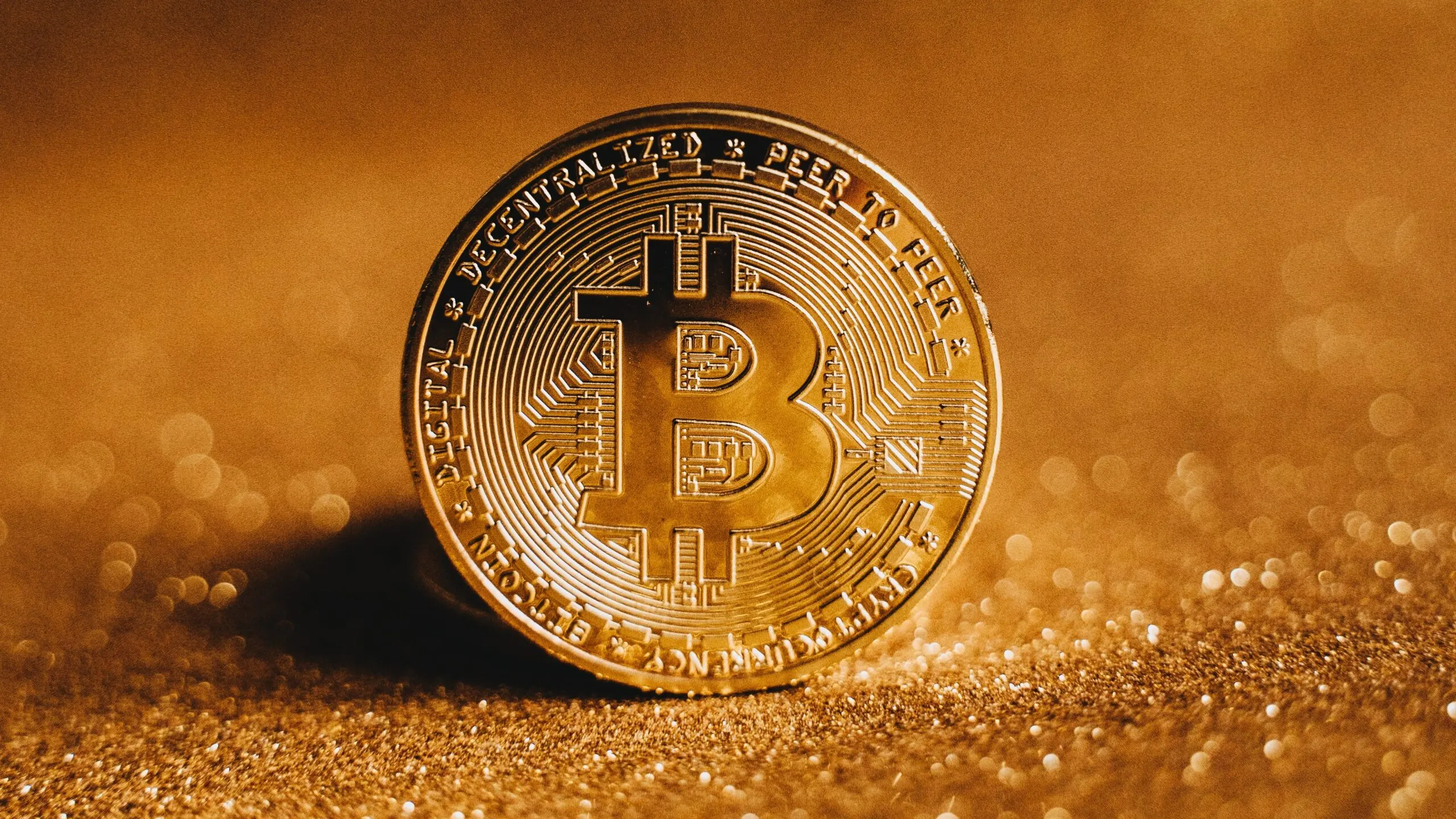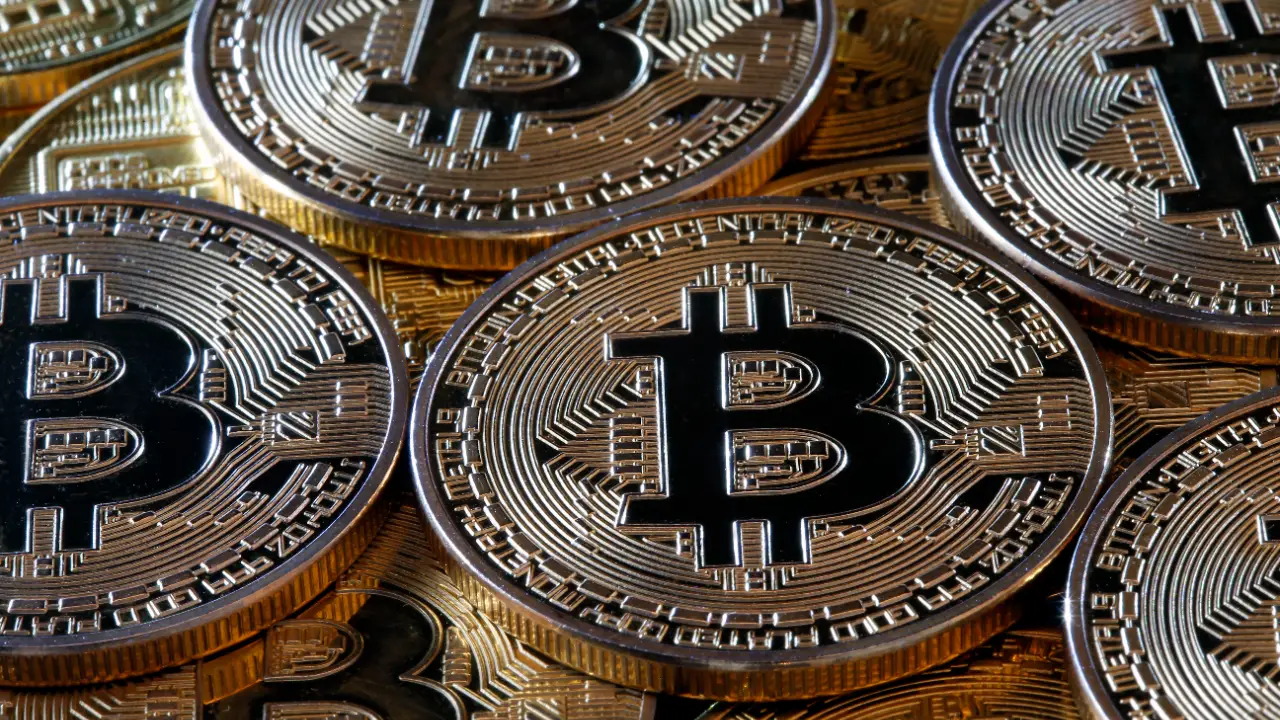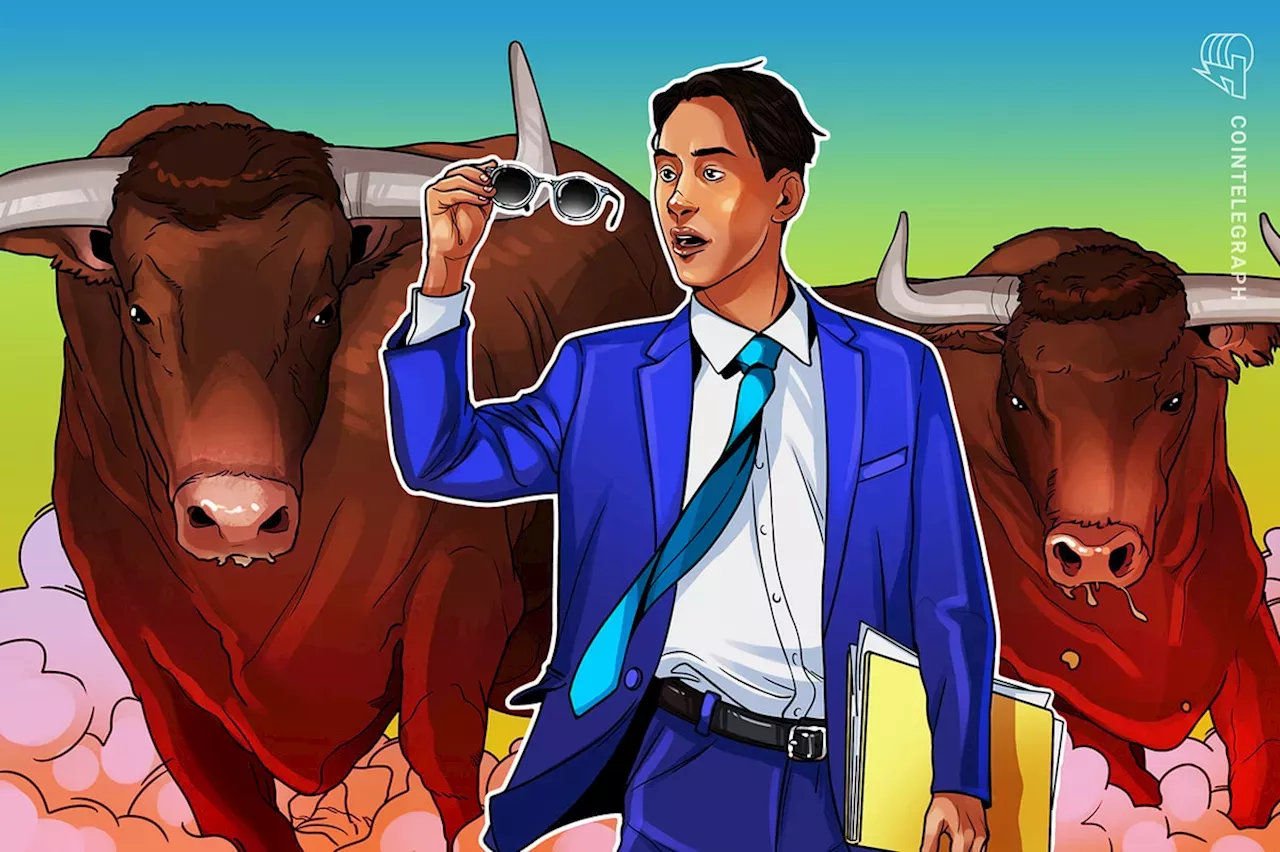WEF Advocates for Customized DeFi Regulations to Safeguard Consumers
In the rapidly evolving landscape of decentralized finance (DeFi), the need for tailored regulations has become increasingly critical. This content explores the recent recommendations from the World Economic Forum (WEF) advocating for specific regulatory measures designed to mitigate risks and enhance consumer protection in the DeFi space.

In a recent report, the World Economic Forum (WEF) has emphasized the need for specific regulations tailored to decentralized finance (DeFi) to address potential risks and enhance consumer protection. The WEF suggests implementing stricter licensing requirements and establishing clear guidelines for regulatory sandboxes to effectively manage the DeFi landscape.
Key Recommendations:
-
Stricter Licensing: The WEF calls for enhanced licensing protocols for DeFi platforms to ensure accountability and transparency.
-
Regulatory Sandboxes: The report advocates for a 'sandbox-first approach' that allows for innovation in DeFi while simultaneously managing associated risks.
-
Consumer Protection: Emphasis is placed on protecting consumers from potential harms related to cryptocurrency trading and DeFi activities.
-
Global Collaboration: The WEF encourages countries to work together to create a cohesive regulatory framework that supports DeFi innovation while safeguarding users.
This report highlights the importance of balancing innovation with risk management in the rapidly evolving world of decentralized finance. Title: WEF Advocates for Customized DeFi Regulations to Safeguard Consumers
In a recent report, the World Economic Forum (WEF) has emphasized the need for specific regulations tailored to decentralized finance (DeFi) to address potential risks and enhance consumer protection. The WEF suggests implementing stricter licensing requirements and establishing clear guidelines for regulatory sandboxes to effectively manage the DeFi landscape.
In a recent report, the World Economic Forum (WEF) has underscored the necessity for tailored regulations specific to decentralized finance (DeFi) to mitigate potential risks and enhance consumer protection. The WEF recommends the introduction of stricter licensing requirements and the establishment of clear guidelines for regulatory sandboxes to effectively navigate the DeFi landscape.
Key Recommendations:
-
Stricter Licensing: The WEF advocates for improved licensing protocols for DeFi platforms to ensure greater accountability and transparency.
-
Regulatory Sandboxes: The report promotes a 'sandbox-first approach' that facilitates innovation in DeFi while concurrently managing associated risks.
-
Consumer Protection: There is a strong emphasis on safeguarding consumers from potential dangers linked to cryptocurrency trading and DeFi activities.
-
Global Collaboration: The WEF encourages nations to collaborate in creating a unified regulatory framework that fosters DeFi innovation while protecting users.
This report highlights the critical need to balance innovation with risk management in the swiftly changing realm of decentralized finance.
FAQ:
Q1: What is DeFi?
A1: DeFi, or decentralized finance, refers to a financial system built on blockchain technology that allows users to engage in financial transactions without intermediaries like banks. It includes services such as lending, borrowing, trading, and earning interest on cryptocurrencies.
Q2: Why is there a need for tailored regulations in DeFi?
A2: The DeFi space is rapidly evolving and presents unique risks, including security vulnerabilities, lack of consumer protection, and potential for fraud. Tailored regulations can help mitigate these risks while fostering innovation and ensuring a safer environment for users.
Q3: What are the key recommendations from the WEF report?
A3: The WEF report recommends several key actions, including:
- Implementing stricter licensing requirements for DeFi platforms.
- Establishing regulatory sandboxes to allow for innovation while managing risks.
- Enhancing consumer protection measures to safeguard users from potential harms.
- Encouraging global collaboration to create a cohesive regulatory framework.
Q4: How would stricter licensing impact DeFi platforms?
A4: Stricter licensing would require DeFi platforms to meet specific regulatory standards, which could enhance accountability and transparency. This may involve regular audits, compliance checks, and adherence to consumer protection laws, ultimately building trust among users.
Q5: What are regulatory sandboxes, and how do they work?
A5: Regulatory sandboxes are controlled environments where new financial products and services can be tested under a regulator's supervision. They allow companies to innovate while ensuring that risks are managed and consumer protections are in place. This approach can help regulators understand new technologies and adapt regulations accordingly.
Q6: How can consumers protect themselves in the DeFi space?
A6: Consumers can protect themselves by:
- Conducting thorough research on DeFi platforms before using them.
- Understanding the risks associated with DeFi investments.
- Using platforms that prioritize security and have transparent practices.
- Keeping their private keys and sensitive information secure.
Q7: What role do governments play in regulating DeFi?
A7: Governments play a crucial role in establishing regulations that ensure the safety and security of financial systems. By creating tailored regulations for DeFi, they can help protect consumers, prevent fraud, and promote innovation in the financial sector.
Q8: How can individuals get involved in advocating for DeFi regulation?
A8: Individuals can get involved by:
- Educating themselves about DeFi and its implications.
- Engaging in discussions on social media and forums.
- Supporting organizations that advocate for responsible DeFi regulations.
- Contacting their local representatives to express their views on DeFi regulation.
What's Your Reaction?















